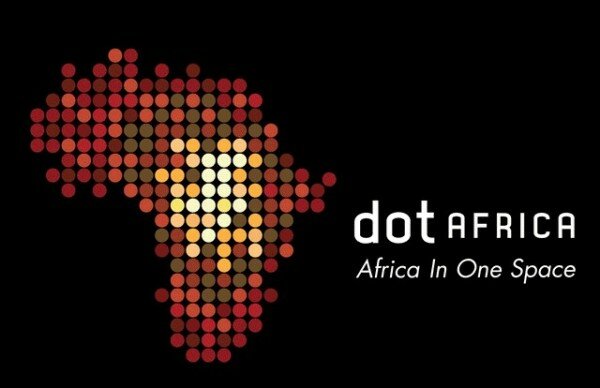AUC Chairperson cries foul, but eish
| no abuse please |
The AUC Chairperson and WIPO General Director talked about the indigenous knowledge component that Africa increasingly produces, which constitute an important aspect of intellectual property with great economic value, but which is currently being ignored. They agreed on the need to pay closer attention to Africa's property rights, in particular, and the intellectual property system as a whole.
The two also arrived at the understanding on the necessity to step up political momentum necessary to overcome some of the challenges in the sector, notably getting full engagements from the industrialists, who are feet-dragging for as long as possible, in order to continue with the abusive exploitation.
While calling for respect of Africa's property rights, she welcomed the AUC's collaboration with the Africa International Property Organisation (OAPI) and WIPO, to bridge the justice gap, while ensuring that the necessary international treaties are enacted to stop the exploitation."
Ed - The fact that Africa has been a victim of abuse has as much to do with our own inability to use and implement good IP systems and laws that have been available to us for decades (this blog is full of examples) . There is also abuse because Africa, in general, does not know how to use the systems available to it to generate wealth, improve competitive positions, collaborate effectively, protect culture, attract and use investment opportunities. Those that have (eg South Africa) are now under pressure relax their laws. The focus should be on education, money for infrastructure, empowerment, institutional efficiency and capacity building, not a cry against abuse which will continue to have little effect. That said, collaboration and close scrutiny of treaties to ensure that there is fair treatment is laudable.























